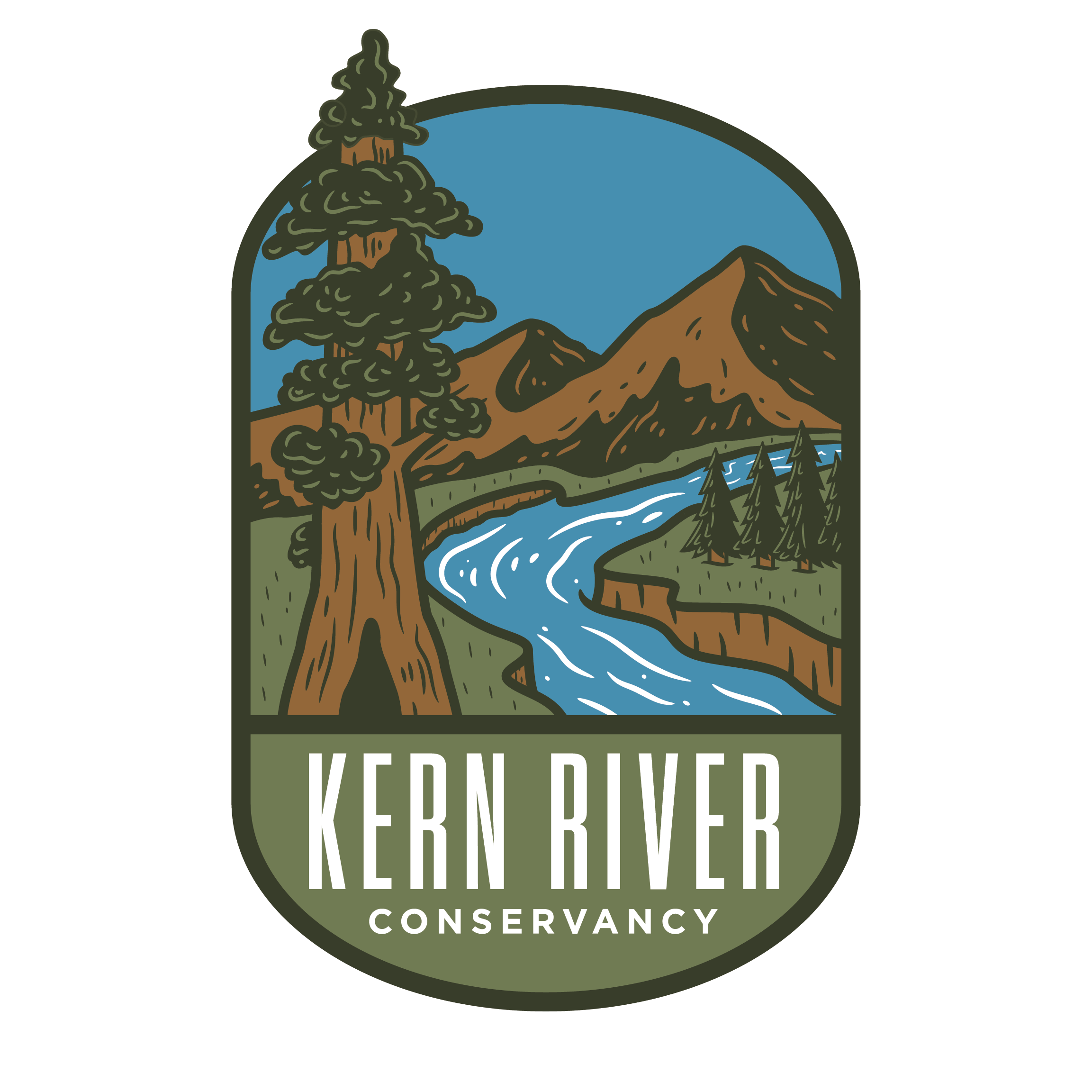How to plan your next camping trip during wildfire season.
Embracing the Outdoors:
Camping During Wildfire Season
As the allure of the great outdoors beckons, the idea of camping often brings to mind serene landscapes, starry skies, and the peaceful sounds of nature. However, if you plan to camp during wildfire season, it's essential to take extra precautions to ensure your safety and that of the environment. With wildfires becoming increasingly common, here's a guide to enjoying your camping trip responsibly and safely during this challenging time.
Stay Informed
Before embarking on your camping adventure, research the current wildfire conditions in your desired location. Reliable sources include:
- Local News Outlets: Check for any wildfire alerts or warnings.
- National Weather Service: Provides fire weather watches and red flag warnings.
- State and National Park Websites: Offer up-to-date information on park conditions and closures.
Choose Your Campsite Wisely
Opt for established campgrounds that have been deemed safe and open by park authorities. Avoid backcountry areas during high wildfire risk periods, as these can be more difficult to evacuate quickly.
Pack Smart
Your packing list should include:
- N95 Masks: To protect against smoke inhalation.
- Emergency Kit: Include a first aid kit, flashlight, extra batteries, and a multi-tool.
- Water Supply: Bring extra water for both drinking and fire emergencies.
Practice Fire Safety
Campfires are a traditional part of camping, but they can be hazardous during wildfire season. Follow these guidelines:
- Check Fire Restrictions: Many areas prohibit campfires during high-risk periods.
- Use Established Fire Rings: If fires are allowed, only use designated fire pits.
- Keep Fires Small: A smaller fire is easier to control and extinguish.
- Never Leave a Fire Unattended: Always fully extinguish the fire before sleeping or leaving the campsite.
Have an Evacuation Plan
Know the evacuation routes and procedures for your campsite. Familiarize yourself with:
- Escape Routes: Have multiple exit paths in case one is blocked by fire.
- Communication: Ensure your phone is charged, and consider bringing a portable charger.
- Meeting Points: Designate a meeting spot in case your group gets separated.
Be Mindful of Smoke
Wildfire smoke can be harmful, especially to those with respiratory conditions. Monitor air quality through:
- Air Quality Index (AQI) Apps: Such as AirNow or local government apps.
- Visual Checks: If visibility is low or the air smells of smoke, it might be best to relocate.
Respect Nature
Remember, your actions have a direct impact on the environment. Practice Leave No Trace principles by:
- Packing Out All Trash: Do not leave any waste behind.
- Respecting Wildlife: Stay clear of animals, especially during stressful conditions like wildfires.
- Sticking to Trails: Avoid creating new paths which can lead to erosion and habitat destruction.
Camping during wildfire season requires extra vigilance and preparation, but with the right approach, you can still enjoy the beauty and tranquility of nature. By staying informed, practicing fire safety, and respecting the environment, you can ensure a safe and memorable outdoor adventure. Remember, nature is resilient, and with our responsible actions, we can help preserve it for future generations.
Happy camping, and stay safe out there!
